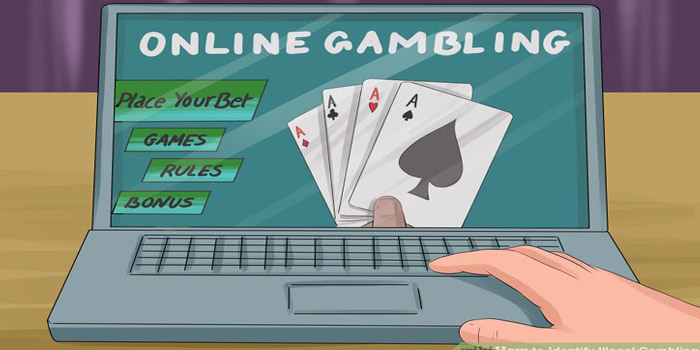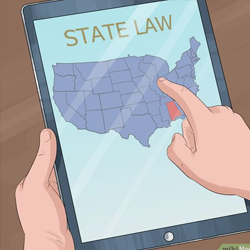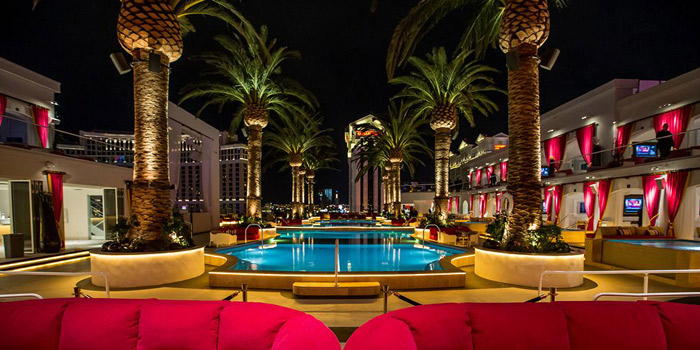Nevada Gambling Restrictions and Allowances for Small Casinos
 When a proposed casino planned to open its doors in Spanish Springs in 2005, huge upset and protests forced the Spark City Council to ban unrestricted facilities outside downtown areas. This ban also extended to all new casinos that runs without 200 minimum hotel rooms. However as far as allowances go is Nevada also the first state that allows and approved handheld gambling devices. This was in March 2006 and players started gambling more at online gaming websites such as casinouzmani and more as they could now gamble wherever and whenever they liked, from poolside’s, bars and restaurants.
When a proposed casino planned to open its doors in Spanish Springs in 2005, huge upset and protests forced the Spark City Council to ban unrestricted facilities outside downtown areas. This ban also extended to all new casinos that runs without 200 minimum hotel rooms. However as far as allowances go is Nevada also the first state that allows and approved handheld gambling devices. This was in March 2006 and players started gambling more at online gaming websites such as casinouzmani and more as they could now gamble wherever and whenever they liked, from poolside’s, bars and restaurants.
The Nevada State Education Association submitted their own petition to the regulators and the state to increase taxes on gaming by three percent. After serious deliberations, heavy lobbying from large and small casinos and prolonged negotiating the legislators raised taxes in 2009, however instead of taxing on gaming taxes the increase were for hotel room taxes instead.
Regulations also change for privately owned gaming casinos and salons in 2008 when NGCB ruled a drop in minimum credit for players. Formerly the rules stated that a minimum of $500, 000 credit line must be opened by each player and also the minimum bet was not allowed to be under $500 per hand. These harsh regulations dropped to the cash line minimum being $300, 00 and the minimum bet wager removed altogether.
 Nevada’s big casinos placed pressure on the NGC to amend regulations and licensing qualifications for small casinos. In 2011 the regulation was passed that a saloon, tavern, bar or similar location selling alcohol must have seating space for nine customers and have a restaurant as well as be part of a licensed liquor distributor. Any of these licensees that wanted to own more than four slot machines in their bars, must have seating space for twenty customers, have 2, 000 square feet of restaurant space and the restaurant open for half of the time minimum as the main bar.
Nevada’s big casinos placed pressure on the NGC to amend regulations and licensing qualifications for small casinos. In 2011 the regulation was passed that a saloon, tavern, bar or similar location selling alcohol must have seating space for nine customers and have a restaurant as well as be part of a licensed liquor distributor. Any of these licensees that wanted to own more than four slot machines in their bars, must have seating space for twenty customers, have 2, 000 square feet of restaurant space and the restaurant open for half of the time minimum as the main bar.
Existing licensees were given two years to meet all the relevant new criteria and during 2013 more restrictions were placed on small arcade licenses. These places were now required to have seating for twenty five customers, have fewer than fifteen slots and a permanent physical bar and also barred from operating sports pools and race books.


